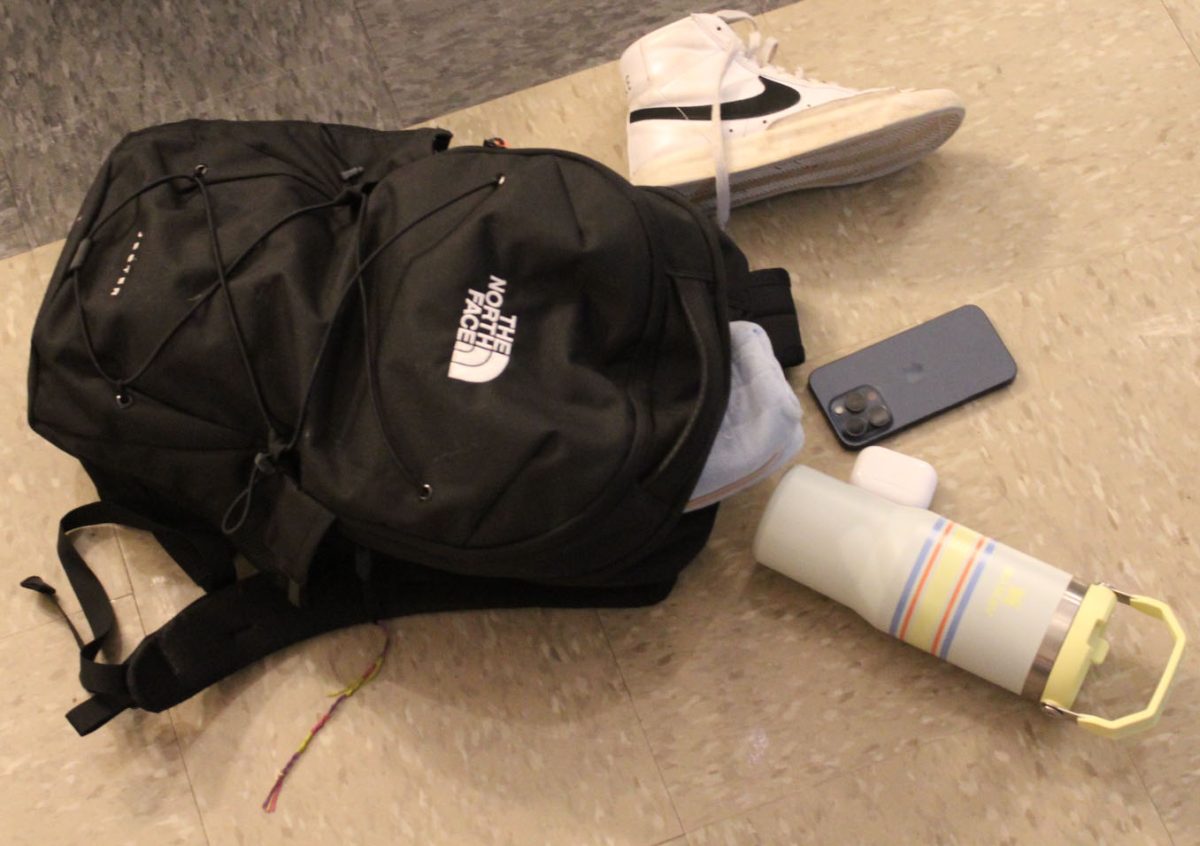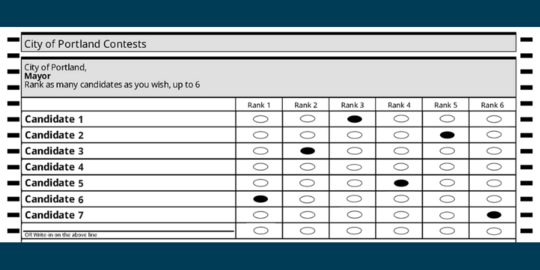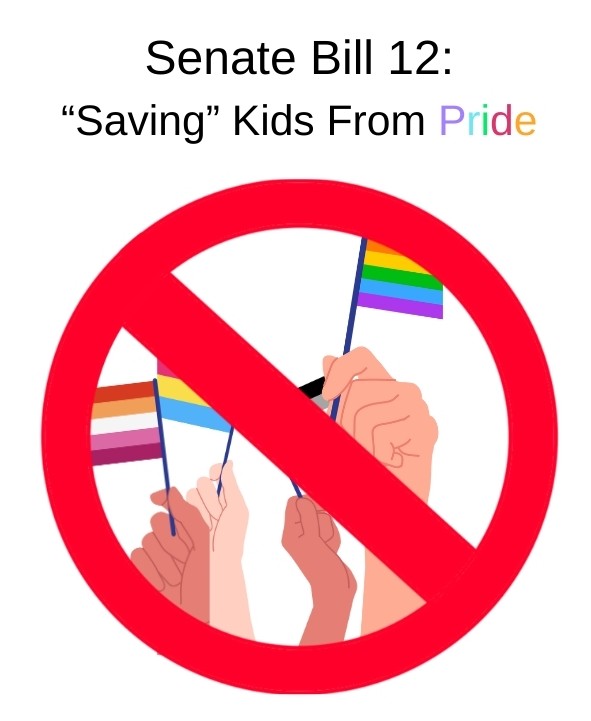Tiktok is one of the most used apps today, having over 1 billion active users who average around 95 minutes a day or more on the app. In that time frame, people consume hundreds of videos. Mindlessly scrolling, watching 30 second videos perfectly curated for them, can become addictive. Addiction happens when surges of the happy hormone, dopamine, get released in the brain. Essentially, the brain feels like it’s getting rewarded, which causes a desire to repeat the action. Obviously, a “TikTok addiction” pales in comparison to alcohol or drug addictions, but there is such a thing as a soft addiction. A soft addiction is defined as a seemingly harmless habit (watching an excessive amount of TV or gossiping). It’s things people overdo without realizing. People might not even realize how dependent they are on TikTok until they try to take a break from it.
People should consider going on a TikTok detox because it can allow you to connect with the real world and form your own opinions, improving the outlook of your life.
Many people in Generation Z have been on TikTok since it was called Musical.ly. The app made the switch to its current name in 2018, but it didn’t gain much traction until 2019 when the rise of VSCO (Photo editing app) girls started. The app did especially well when COVID-19 hit as people were isolated and it was an easy, fun platform to create on. TikTok videos can range anywhere from 15 seconds to 10 minutes, so it’s convenient to click record at any time. This access to short form content that can display anything including people’s personal business (e.g. their religion, political beliefs, health issues) exposes people to too much information. While it’s good to be informed on the matters of the world, some content should not be exposed to younger people. It desensitizes them to things that should be considered graphic and inappropriate. Not to mention, there is a lot of fake news that spreads like wildfire on the app. If people are not fact checking this information, they will be misinformed. Realistically, who is fact checking? Not only that, but short form content gives people that instant gratification, that boost of dopamine, that the brain is searching for.
Tying into why short form content is bad for people, the biggest complaint from many teachers is that student’s attention span is too short. One of the biggest causes of this is the active stimulation of watching short, overstimulating videos. On TikTok, they have those split screen videos where something like a Reddit story is being read aloud and simultaneously a clip of a movie, Subway Surfers, or slime videos are playing. A short attention span leads to a decline in productivity. In class, there are always students who are fiending for their phones. They simply cannot stay away from their phone for a 45 minute class period. Everytime they get on their phones, they always gravitate toward TikTok. This prohibits them from being an active listener in class, which in turn, means they’re not learning.

TikTok doesn’t only affect students and their learning, it also affects consumerism. Before “Influencers,”a term used to describe modern day content creators that share items that can benefit someone’s life, there were just content creators whose content was more directed toward entertainment not lifestyle. The problem with influencers is that they have easy access to so many people that one mention of a product can make it instantly sell out. People want to have the next “It” item. This swell of what will be the next trendy item or what aesthetic a person should fall under creates these microtrends that also heavily influence consumerism. For example, the blowup of Stanley cups, the Beachwaver, Ugg Tazmans, Clinique Black Honey Lipstick. Some people may argue that this can be really beneficial for small businesses, as a lot of them do blow up when they get introduced into the algorithm. While this can drastically change someone’s life, it’s drastically changing the state of the planet. This only pollutes the planet with unnecessary, fast fashion items that will go out of style in a week.
This obsessive app can understandably be used as a coping mechanism as it’s so stimulating and fast paced, it distracts people from whatever they’re stressed about. This is called a coping mechanism. Not all coping mechanisms are healthy, though. In the event that you do decide you need to detox, one of the most common reactions after quitting addiction is relapsing. With TikTok, you’re going to have that fear of missing out because it’s so prominent in everyone’s lives. You’re going to have the urge to redownload it just so you can be a part of something. That is what a lot of people today lack, individuality. To cope with this, try practicing hobbies you once enjoyed, or discover new ones. You’ll regain your own sense of self.








Mia Bazaldua • Sep 25, 2024 at 10:43 am
Man, Cousin, this is one excellent opinion piece! Maybe I should try this TikTok detox. Maybe though… I am on the road to Tik Tok fame so it may not be right for me at this time. You know what is right, that song by Billy Joel. You may be right. Great song I recommend.